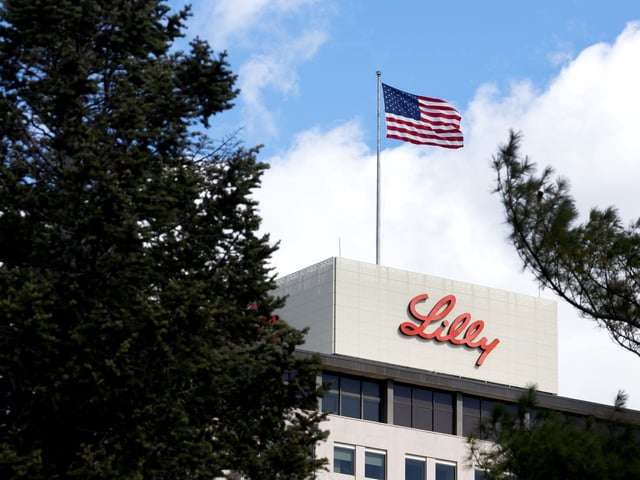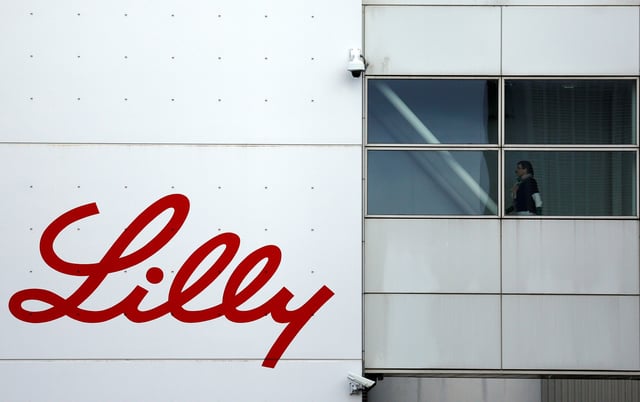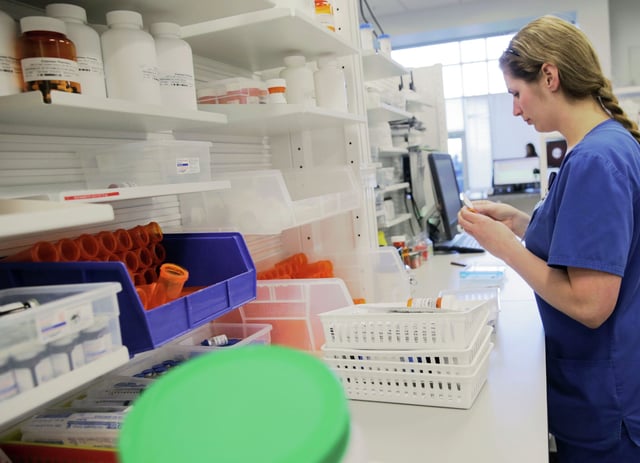Overview
- Eli Lilly filed lawsuits on April 23, 2025, against four telehealth companies—Mochi Health, Fella & Delilah Health, Willow Health, and Henry Meds—alleging they sell mass-produced, compounded versions of its GLP-1 drugs with unapproved formulations.
- The lawsuits follow Eli Lilly's earlier legal action against Houston-based Empower Pharmacy, which continues to compound tirzepatide products despite FDA warnings and an April 24 deadline to respond to the lawsuit.
- The FDA declared the shortages of GLP-1 drugs like tirzepatide and semaglutide over in late 2024, setting deadlines for compounders to cease production, though some continue to sell modified versions of the drugs.
- Eli Lilly argues that these compounded drugs, often marketed as personalized, are instead mass-produced with untested additives, posing potential safety risks to patients.
- The legal battle underscores tensions between pharmaceutical companies, compounding pharmacies, and telehealth providers over patient safety, affordability, and access to high-demand diabetes and weight-loss treatments.



